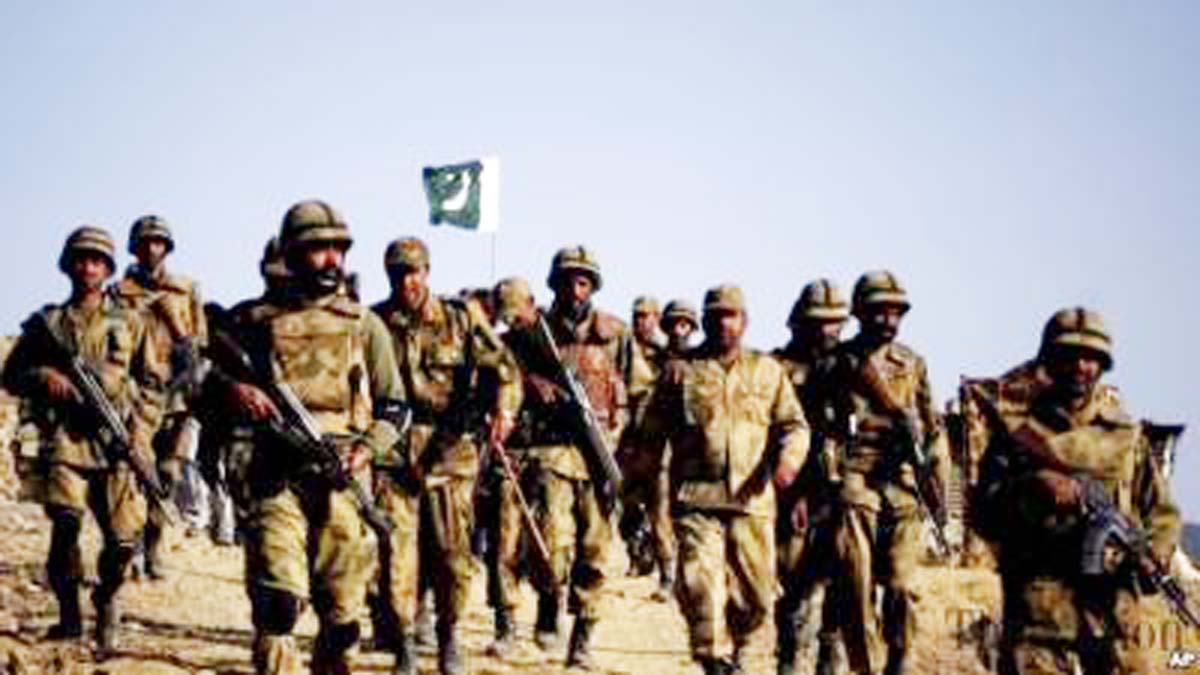Excelsior Correspondent
JAMMU, Sept 4: Concerned about international isolation and faltering economy, Pakistan’s powerful military has quietly reached out to India about resuming peace talks, but the response was tepid, a report in the New York Times today said.
The outreach, initiated by the Army’s top Commander, Gen, Qamar Javed Bajwa, began months before Pakistan’s national elections. Pakistan offered to resume on-and-off talks with India over their border dispute in Jammu and Kashmir, which stalled in 2015 as violence flared up there.
A key objective for Pakistan in reaching out to India is to open barriers to trade between the countries, which would give Pakistan more access to regional markets. Any eventual peace talks over Kashmir are likely to involve an increase in bilateral trade as a confidence-building measure, the report said.
It said increasingly, Pakistan’s military sees the country’s battered economy as a security threat, because it aggravates the insurgencies that plague the country. Pakistan is expected to ask the International Monetary Fund for $9 billion in the coming weeks, after receiving several billions of dollars in loans from China earlier this year to pay its bills.
Gen. Bajwa is more moderate toward India than his predecessors were, the report said.
General Bajwa linked Pakistan’s economy to the region’s security in a hallmark speech last October, and the idea that the two are inseparable has since become known as the Bajwa doctrine. Pakistan’s army chief is also seen as more moderate than his predecessors were on India.
The Pakistani General and his Indian counterpart, Gen. Bipin Rawat, served together in a United Nations peacekeeping mission in Congo about a decade ago and get along well, diplomats say. Earlier this year, General Bajwa said the only way to solve the two countries’ conflict was through dialogue, a rare statement from the military.
Diplomats say General Bajwa has tried to reach out to General Rawat to initiate talks. But the effort has been stymied by what one diplomat called a “system mismatch.”
The new Pakistani Government led by Prime Minister Imran Khan has been sending strong signals in favor of talks, though it is the military that ultimately controls foreign and defense policy. “If you take one step forward, we will take two steps forward,” Khan said in his victory speech, addressing India. “We need to move ahead.”
With Mr. Khan in office, talks may have a better chance because he is seen as the army’s man, diplomats in both Islamabad and New Delhi say. India sees Khan’s outreach as sanctioned by the military and believes he will clearly present General Bajwa’s demands and red lines.
Diplomats in Islamabad say Pakistan’s outreach may also be driven in part by the country’s Chinese allies. Beijing has prodded Pakistan to stabilize its border with India, hoping for greater stability as it pursues its regional economic ambitions. China is investing some $62 billion in Pakistan, mostly in large infrastructure projects through what is being called the China-Pakistan Economic Corridor, part of China’s global Belt and Road initiative.
Trending Now
E-Paper


